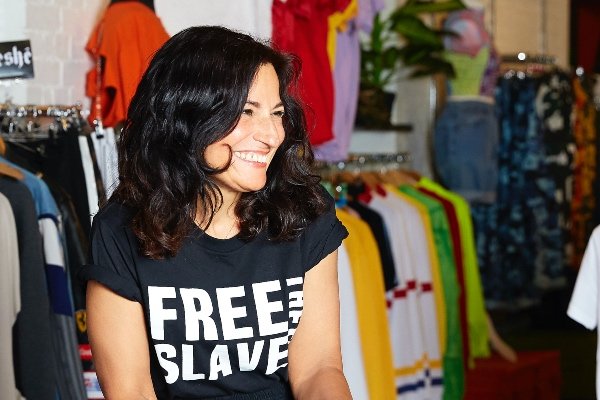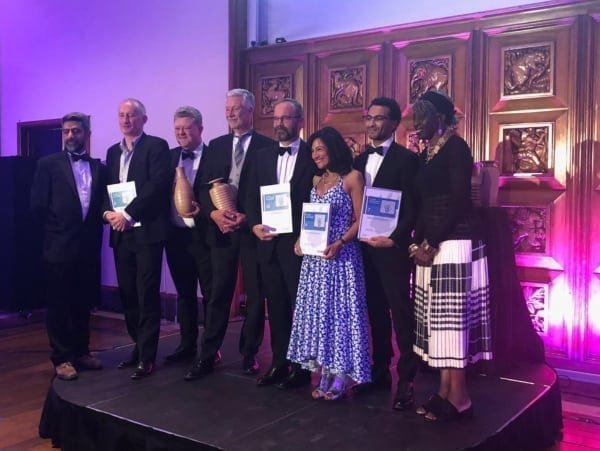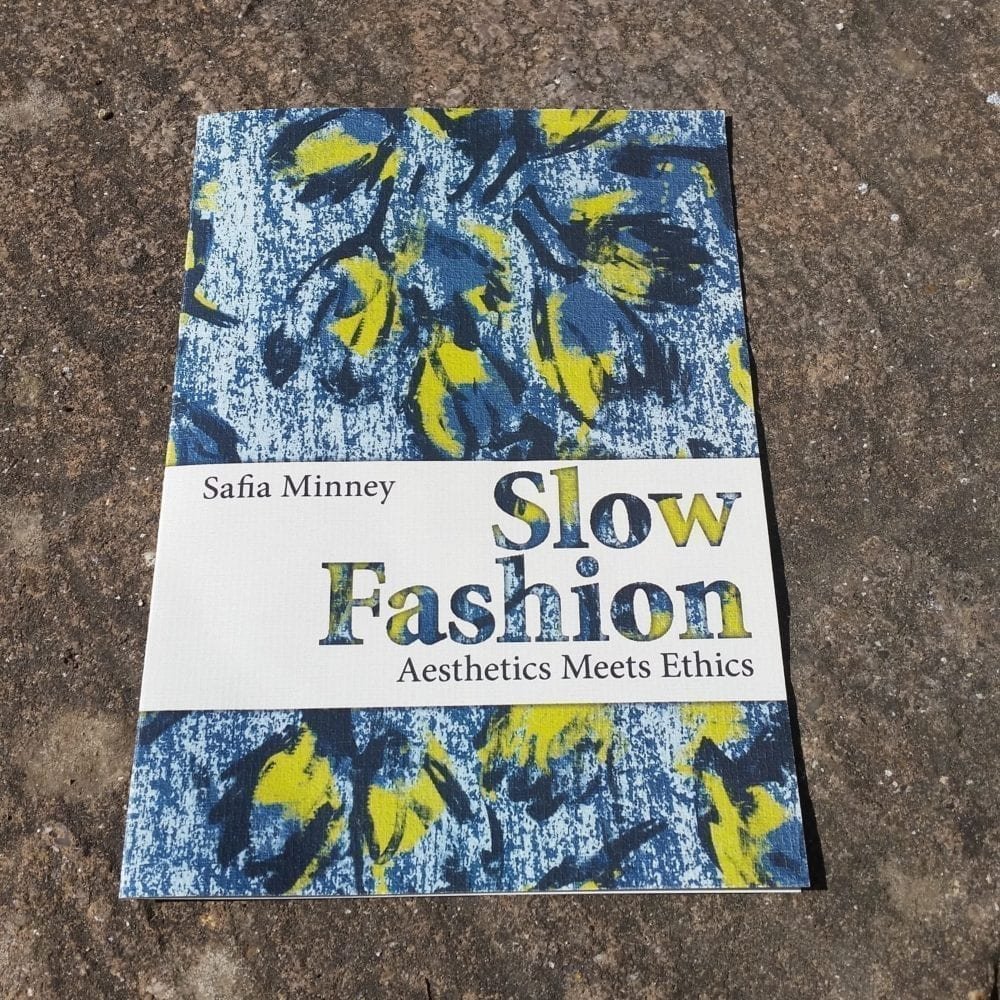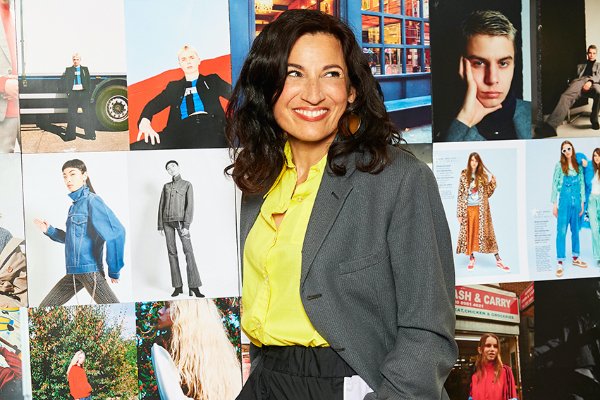Main image: Safia Minney, credit Dvora Photography
This article first appeared in our International Women’s Day issue of My Green Pod Magazine, published on 08 March 2023. Click here to subscribe to our digital edition and get each issue delivered straight to your inbox
Snapping at our heels, the dysfunctional, growth-driven, fossil-fuel dependent, misogynistic economy goes round and round like a scratched record.
Little wonder that female leadership’s full potential is yet to be set free for the benefit of humanity and all species.
We need an urgent shift from our fossil fuel-driven economy to ‘ecological economics’.
This means promoting degrowth and redesigning every industry to fit within planetary boundaries, and redistributing wealth to meet everyone’s needs in a flourishing society.
It means doing the opposite to what we do in our current economy.
The new economy will pay to reduce inequality, protect and restore nature and strengthen communities – and it will radically benefit.
Feminine qualities
Ecological economics means redistributing voice and power, too. The so called feminine attributes of communication, collaboration, caring, creativity and systems thinking are key to raising the wellbeing, quality of life and economic empowerment of women, girls, ethnic minorities and Indigenous people around the world.
‘Feminine’ attributes are present in men, too; coaching male leaders, I’ve come to appreciate just how difficult it is for men to express themselves with authenticity.
Many hold back from showing those ‘feminine’ qualities of expressing themselves emotionally and showing how deeply they care.
Men can hold back from championing collaborative partnership, fearing ridicule in a system that admires and rewards toxic masculinity and ostentatious materialism.
Women on boards
We urgently need to liberate female and male leaders if we are to ensure we have the best chance of pulling ourselves back from the brink of climate, ecological and social collapse – or at least mitigating the worst of it.
Women make up 40% of today’s board positions, but why aren’t things changing faster?
Is it because there are still too few women in significant decision-making roles like CEO and chair?
Are companies trying to meet their targets but not willing to create a process to encourage new thinking or better practices and attitudes?
Is the undercurrent of misogyny through social media, porn, advertising and cultural bias, despite running under a supposedly woke society, just too strong?
 Play Video about This Rock Might Just Save The World
Play Video about This Rock Might Just Save The World Play Video about Play 2 hours of rock
Play Video about Play 2 hours of rock Play Video about Play 2 hours of brook
Play Video about Play 2 hours of brook Play Video about Play 2 hours of sheep
Play Video about Play 2 hours of sheep















































